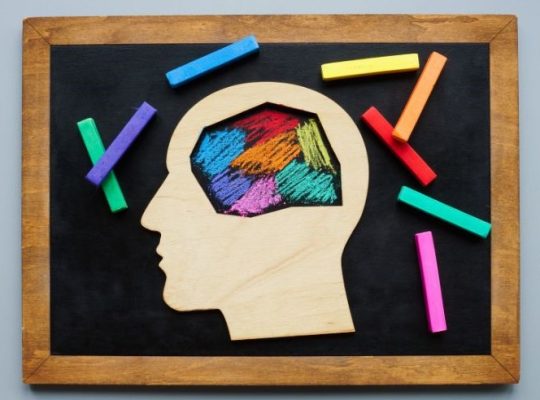March has been a busy month. The end of the financial year in my world often means last minute requests, stressed people in need of support and lots of juggling diaries. We’ve also had to endure Covid. Luckily, we’re all fine and aside now from it being hay fever season, we’re back to full speed.
So, where have I been and what have I been doing?
Ironically travel is one of my most productive times for learning. I am always listening to educational talks and podcasts, as well as audiobooks. Learning while travelling has literally revolutionised my journey to anywhere.
In early March I was at South Norfolk and Broadlands Council delivering ‘looking after yourself’ sessions. I’ve also done resilience and wellbeing sessions at Kent University, as well as several courses on bullying, assertiveness and coaching for a variety of different organisations. As a keen amateur neuroscientist (if you can be one of those), in most of my sessions, I talked a lot about the brain. Here’s some of what I know:
When you get stressed your amygdala (a part in your brain) responds with the hormone adrenaline, this can mean we react without thinking and naturally that can cause anxiety. We might get snappy with colleagues and/ or have an increased emotional state. When this happens, ideally, we would bring our pre-fontal cortex into play. This part of the brain helps us to bring out our rational side. However too much stress can stop this happening and a cycle of adrenaline and cortisol get into play. Then we start thinking negatively about all aspects of our life and bad days can turn into bad weeks.
So, what can we do?
Well, the good old idea that we count to ten really does work. By doing this it allows our rational part of the brain to come into play, so our response is more considered. We can also remember to breathe…. Yes, I know we do that everyday but breathing in a mindful way can help to slow our brains down and everything else. This again allows us to reduce the adrenaline and stress. It also gives us an opportunity to reframe our thoughts.
What’s reframing?
Well, it’s a way we can change our thoughts from negative to positive. For example, my husband had a car accident and crashed our new car. Clearly this is terrible and costly. Or how about reframing it? Thank goodness my husband is ok; it could’ve been so much worse. That’s a bit extreme, but it works on all our thoughts. For example, my daughter has been ill at school. How will we manage? We must go pick her up, but I’m working. Or…. isn’t it lucky I have an amazing family and I can go and pick my daughter up and show her the care and attention she needs? She knows that there are lots of adults in her life she can depend on.
The process of being consciously positive is one I have adhered to most of my life without knowing why. I am naturally quite positive, but I do have days when I have to try extra hard. It is one explained by Dr Andrew Cope, A Doctor of Happiness, (check him out on YouTube). Cope studied positive psychology for 12 years and found being more positive leads to a better life. He also says you cannot force happiness, but you can force positivity by thinking differently and challenging your negative thoughts.
So, with that in mind, whilst March has been a long hard one, I know I can look forward to taking most of August off. Guilt free! The sun is shining, and we have survived. Plus, I have an amazing best friend. This morning she turned up at my door with flowers on her way to work. That act of kindness has changed my day, my week and probably my month. Do not underestimate the value of kindness.
Lots of love, signing off to enjoy the sun.







